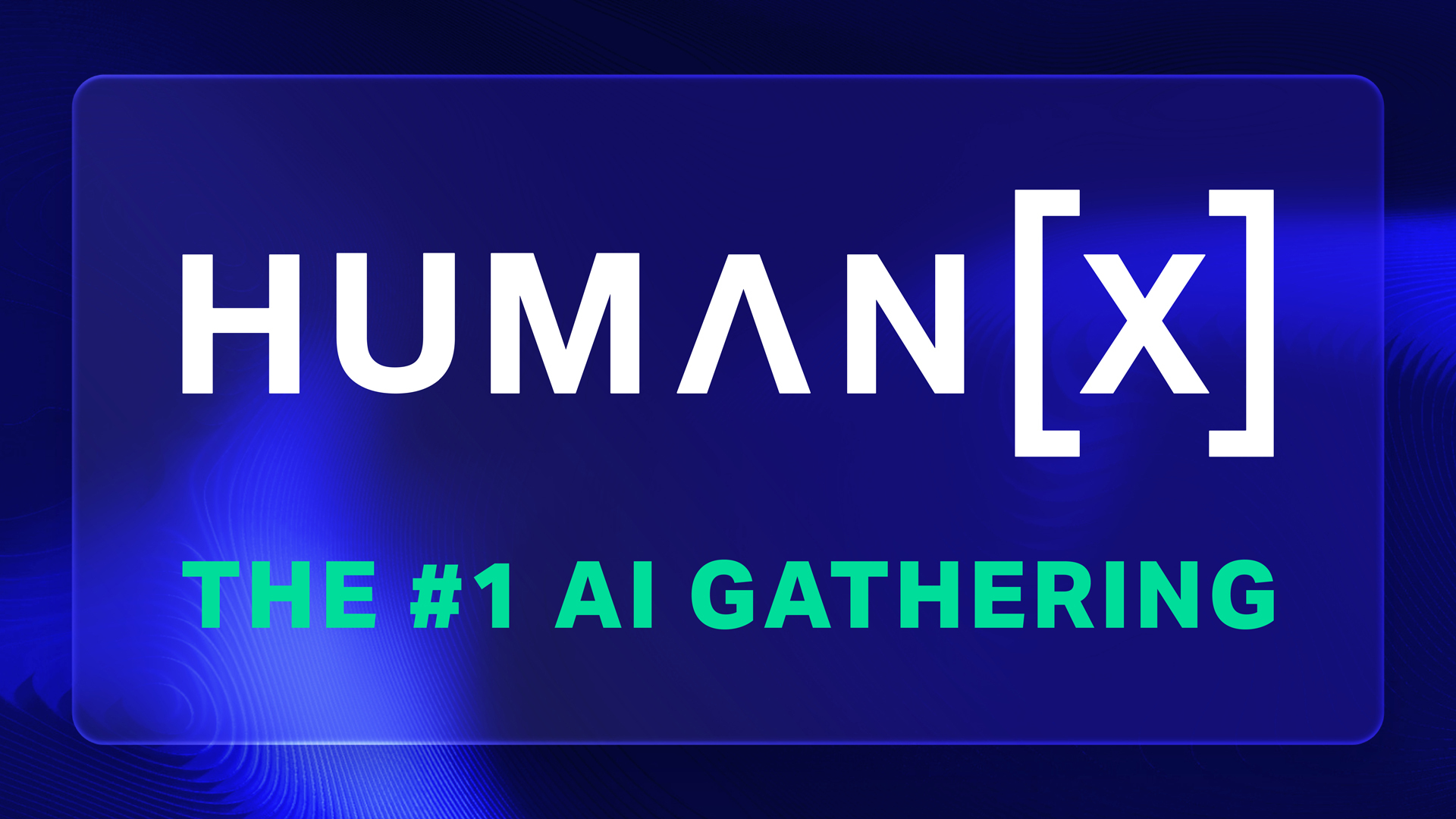- Slice of Technology
- Posts
- #12 - Des Traynor, Co-Founder of Intercom
#12 - Des Traynor, Co-Founder of Intercom

Join us on this week's episode of the Slice of Technology AI podcast, hosted by Jared S. Taylor! Our Guest: Des Traynor, Co-Founder of Intercom.
What you’ll get out of this episode:
AI-First Pivot: Intercom's rapid decision to embrace AI, starting with ChatGPT's release, and integrating human augmentation features into their customer service platform.
Fin’s Development: How Intercom’s AI chatbot, Fin, has answered 15 million customer queries, improving response times and user satisfaction.
Human-AI Balance: Des emphasizes the importance of seamless handovers between AI and human agents, preventing customer frustration.
Future of AI: Des predicts software development and industries requiring extensive research, like law and medicine, will undergo major AI-driven disruptions.
Trust in AI: Intercom focuses on maintaining trust by avoiding AI hallucinations and ensuring the bot provides reliable, fact-based answers.
Watch
Listen
Read More
Intercom’s AI Journey: Embracing AI-First Strategy
In an insightful conversation with Jared S. Taylor, Des Traynor, co-founder of Intercom, delves into the company's swift pivot to an AI-first customer support platform. The decision was triggered by the launch of ChatGPT in late 2021. As Des recalls, he and his team were amazed by the tool’s potential and quickly strategized on how to integrate AI into their customer service product. By the following Monday, they were already developing features like automated conversation summaries and reply enhancements. This quick adoption led to the creation of Fin, their AI chatbot designed to handle tier-one customer support.
Introducing Finn: AI That Works Seamlessly with Humans
Fin, integrated into Intercom’s customer support messenger, has proven itself as a revolutionary tool, with Des noting that it has already handled 15 million customer queries. Fin’s success comes from Intercom’s deliberate focus on augmenting, not replacing, human efforts. The platform is designed to recognize when AI cannot resolve an issue and smoothly pass the conversation to a human agent. This balance ensures that users do not experience the typical frustrations of automated systems that fail to provide relevant answers.
The Future of AI-Driven Customer Support
Intercom’s approach to AI isn’t about adding “salt and pepper” to existing features but rethinking how AI can fully optimize customer interactions. Des highlights that while AI can now infer, deduce, and converse with high accuracy, full automation of support is not yet achievable. The company’s focus remains on improving the collaboration between AI and human agents, perfecting handovers when AI reaches its limitations.
Disrupting Other Industries: Software, Law, and Medicine
Beyond customer support, Des predicts that AI will significantly disrupt industries like software development and research-heavy fields such as law and medicine. He envisions AI drastically reducing the cost and time needed to develop software, while also enhancing industries that require extensive research by quickly analyzing vast datasets. In medicine, for example, AI could transform diagnosis by tapping into historical data from millions of medical cases, providing insights that surpass human capabilities.
Building Trust with AI-Driven Solutions
Trust is central to Intercom’s AI strategy. Des explains that maintaining customer confidence involves ensuring that Fin does not “hallucinate” or fabricate information—a common problem in early AI tools. Intercom’s AI is designed to rely on verifiable data and facts, ensuring customers receive accurate and reliable answers. This focus on trust, combined with human oversight, sets Fin apart from other AI solutions.
Intercom's AI journey demonstrates how a customer support platform can evolve rapidly with AI, setting a new standard for the industry while preparing for broader AI disruptions across various sectors.




Reply